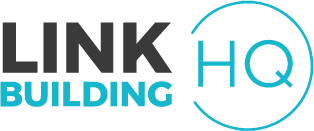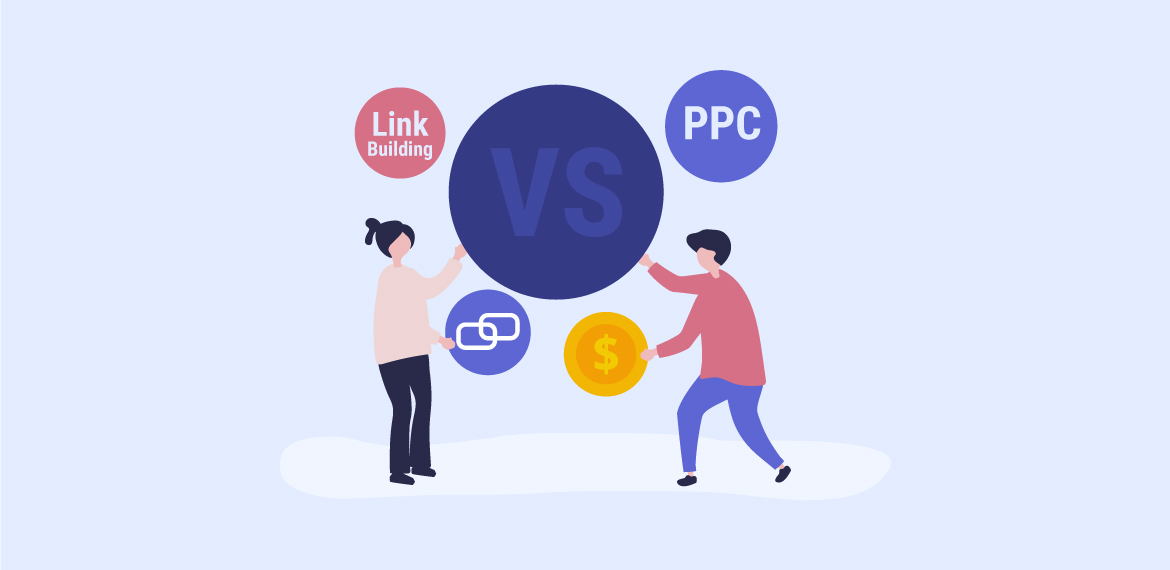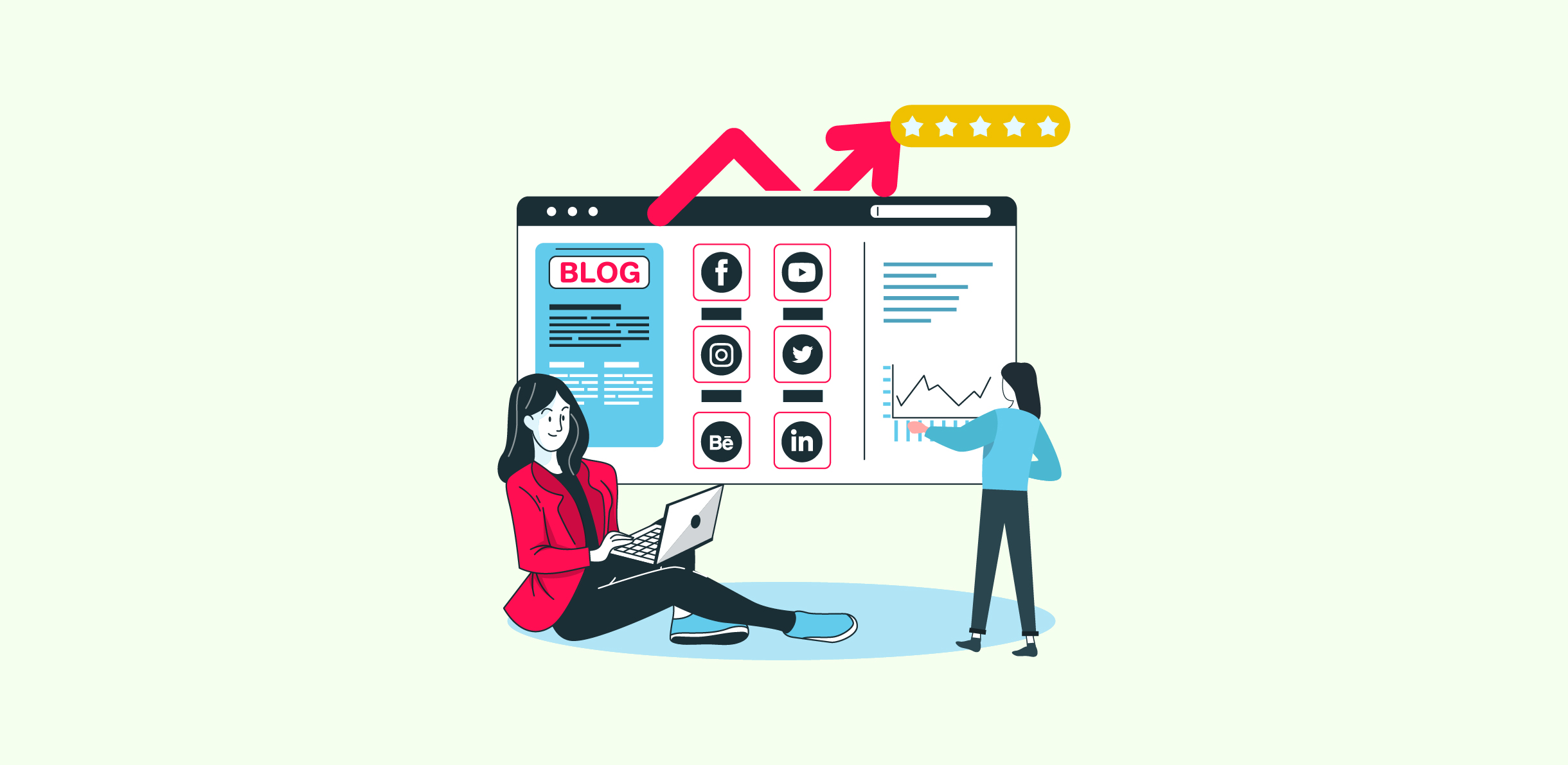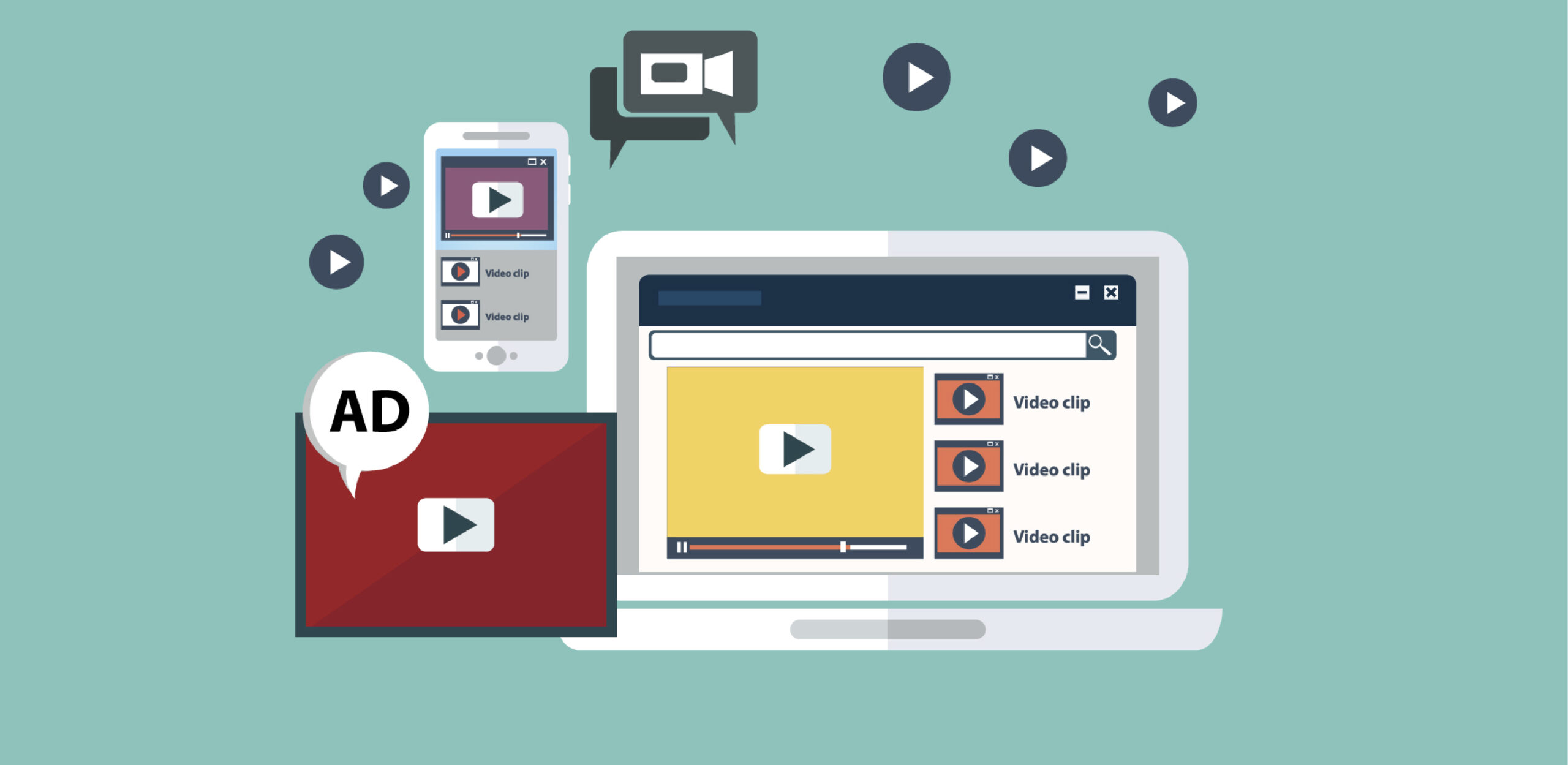Link Building Vs. PPC: Choosing the Best Strategy for Your Website
Both Link Building and PPC (pay-per-click) are amongst the most popular digital marketing strategies that are widely utilized by websites. However, picking from them can be a tough decision, especially since larger websites are running both at the same time. So, this blog will serve as a guide to help you prioritize or pick between Link Building and PPC marketing with a detailed analysis.
Table of Contents
2 What is (Pay-Per-Click) PPC?
3 Pros and Cons of Link Building and PPC
4.1 1. Your authority lasts longer with a good backlink profile
4.2 2. Considerably inexpensive over the long term
5.1 1. It can take a long time to show results
5.2 2. Requires unique angles and outreach
6.3 3. Allows for experimentation
7.1 1. Prized keywords can be expensive
7.2 2. PPC loses its effectiveness ASAP
7.3 3. Extremely budget-intensive
8 Best Marketing Approach: Link Building or PPC?
9 When is PPC the better option?
9.1 1. You have an innovative idea:
9.2 2. You have a one-time product or short-term offer:
10 When is Link Building better than PPC?
10.1 1. You want people to recognize you as a brand:
10.2 2. You don’t have a large budget:
11 Synergizing Link Building with PPC
11.2 2. Link building focuses on Content, and PPC enhances landing pages
What is Link Building?
Link Building is a strategy where a website aims and makes efforts to earn backlinks to its pages from external relevant and authoritative websites for better website ranking. When Google observes authoritative websites backlinking to your website and sees that you’re providing good and helpful content, it starts ranking your pages higher on the SERPs (Search Engine Results Pages). However, this is not an overnight process, and you require a substantial number of backlinks before you can reach the top position on the SERPs.
If you’re going with a link-building campaign, you will not be paying the websites to have your links placed, but instead outreaching them to have your content placed with an inbound link to your website. Similarly, you could also be writing insightful content on your website such that other relevant and authoritative websites quote your web pages with a backlink.
One of the major reasons why Link Building is such a popular strategy is because Google considers backlinks to be one of the most crucial signals to a website’s trustworthiness.
What is (Pay-Per-Click) PPC?
The focus of Pay-Per-Click marketing is quite apparent. In this marketing method, you effectively bid on certain keywords and pay Google every time someone clicks on your ads. Your ads typically show up on the SERPs like the below image. And that’s what PPC is.
The first result you see, which has sponsored written above, is showing up because Amazon is running a PPC campaign for the keyword. The results after that are there on the SERPs as a result of SEO and Link Building.
Pros and Cons of Link Building and PPC
Of course, neither PPC nor Link Building strategy comes without respective pros and cons, but their analysis provides a neat picture of how these strategies work.
Link Building Pros
- Your authority lasts longer with a good backlink profile
When you go with link building, you’re acquiring backlinks that signal to Google that your website is a legitimate one and provide solutions that your target audience is looking for. As you continue link building (because link building is usually a lengthy and consistent process), you may acquire plenty of links and these will be indexed by Google. Once you’ve reached the top coveted positions in the SERPs, you’ll likely stay there for a long time unless penalized by Google.
- Considerably inexpensive over the long term
When you’re focused on link building, most of your budget will be spent on creating high-quality content, which should enhance your online visibility and bring long-term traffic. Moreover, as you will be creating a lot of content to earn as many links as possible, you will have control over how frequently you publish content. You might need a small budget for research, but this is mostly optional. And since link building doesn’t involve ads, you won’t be spending huge sums on getting visibility but still gain it organically.
Link Building Cons
- It can take a long time to show results
Unlike paid ads, where you get visibility instantly, there is a likelihood that with backlinks, you may not get a lot of traffic initially. This is because it takes time for your pages to get indexed. It might also take time to acquire meaningful links from high-authority websites.
However, this factor also depends on your niche. For some niches, SEO link building can start showing results in just a few weeks, whereas in others, you might have to wait for months to see changes in page rankings.
- Requires unique angles and outreach
If you want websites to link to you, then you need exceptional, link-worthy content. This means that your content should be so good that websites in your niche can’t help but link to you. However, if you have a unique methodology for creating content that is linkable, or are focused on creating evergreen content, then this con will easily turn into an opportunity.
SEO backlink building also involves a lot of outreach. You will typically be looking for websites with a good Domain Authority and High Relevance to your niche. A backlink from these websites will qualify as a high-quality link. However, just like you, your competitors will also have outreached them, so you’ll need a unique approach that gets replies.
PPC Pros
- Instant results
One of the major reasons marketers provide when advocating for PPC marketing is that these campaigns deliver almost immediate results. As shown in the image above, your ad will appear on the search results at the top, which maximizes the chance of the user clicking on your ads. Moreover, you are only charged if the user clicks on your ad, which means every time an amount is spent, you get a user on your website.
- Specific targeting
PPC campaigns can be set specifically based on a number of factors. You can set your audience based on their location, demographics as well as interests among many other factors. This means that if you are aware of your user persona then your PPC can prove quite fruitful in providing you relevant traffic.
- Allows for experimentation
If you’re running a PPC campaign, then there is no doubt that you have a substantial budget. However, this can be a good thing as you can use this budget to run A/B testing to zero in on what works and what doesn’t. For example, if your users respond to a certain keyword, then you will likely focus your ads on that keyword. Similarly, if you aren’t getting conversions from a specific demographic, then you can opt to change it.
Cons of PPC
- Prized keywords can be expensive
When you run a PPC campaign, you bid for every keyword you target. This means that the most prized keywords often turn out quite expensive, and others that may come cheaper may not provide good ROI.
- PPC loses its effectiveness ASAP
A major problem with PPC campaigns is that as soon as you stop spending, your landing page stops getting traffic. This means that if you’re solely relying on your PPC campaign to bring conversions, you have to ensure a high ROI at all times.
- Extremely budget-intensive
This is the main reason why most websites avoid going for a PPC strategy. A PPC campaign is only effective if you have a substantial budget and are able. While you can create content with minimal resources, a PPC campaign is impossible without a budget.
Best Marketing Approach: Link Building or PPC?
Link Building and PPC are both some of the most popular and effective strategies when it comes to digital marketing. However, their effectiveness is highly reliant on your objectives and current circumstances. Here are a few instances where you might opt for one over the other.
When is PPC the better option?
- You have an innovative idea:
If you have an innovative product or offering, one that hasn’t been done before, then PPC would definitely be your option. You will be targeting keywords with little or no competition, and thus, you can place lower bids on prized keywords more easily.
- You have a one-time product or short-term offer:
If you have a short-term offer and you want instant results, then it would be better to go with PPC rather than backlink strategy. If you want faster conversions on a tight deadline, the choice between Building Backlinks vs Paying for Clicks becomes quite clear.
When is Link Building better than PPC?
- You want people to recognize you as a brand:
If you want to be considered a reliable authority in your niche and aren’t specifically concerned with conversions, then link building becomes the clear winner. Link building will enhance your overall traffic and help establish your website as a reliable online platform. With a plethora of backlinks in your profile, not only Google but your target audience will also find your website in their search results, increasing the trust factor.
Of course, this would consequently translate into conversions and consistent traffic, too.
- You don’t have a large budget:
Link building will also be your first choice here as for a PPC campaign the first requirement is that of a large ad budget. However, with link building, you won’t be spending large amounts on ads but instead strengthening your own backlink profile so that your pages start ranking in the top positions and improve your overall website ranking.
Synergizing Link Building with PPC
Now that we have established the scenarios where link building works over PPC, and vice versa, let’s have a look at how both can benefit from the other.
- Keyword Targeting
While getting a list of keywords is quite easy, you won’t know their true worth immediately with just link building alone. This is where PPC strategy can be of high assistance. A short PPC campaign won’t exhaust your budget and will let you know if the keywords you’re shortlisting actually bring conversions or not.
- Link building focuses on Content, and PPC enhances landing pages
While PPC is a great tactic to direct your target audience to your landing pages, there is a chance that your users will check out other pages on your website before placing an order. This is where your link-worthy content becomes immensely helpful. Once your user sees that you really are a trustworthy website, the chances of conversions will significantly increase.
However, this will require you to have internal links on your landing pages, too.
Conclusion
Now you have the complete information on how different link building and PPC are and how you can use both of them to enhance your overall website. Let us know if we missed anything in the comments, too. Good luck with your Link Building or PPC campaigns, or hopefully, both!





